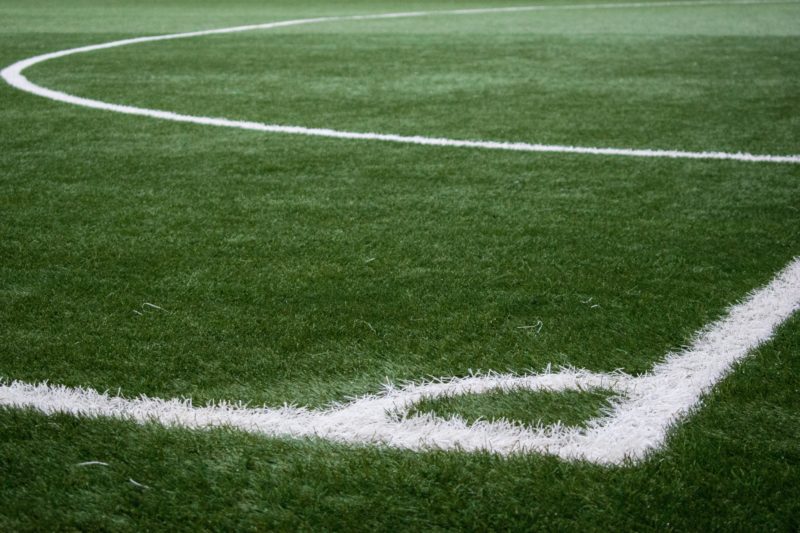
A long time ago a “friend” referred to me as a professional griever. From his perspective, I was lugubrious or “over the top” in the long-term expression of my grief. He had lost one son to SIDS, two years before my son died, and a second son from SIDS shortly after my son Kelly had died. I was devastated for him and his wife for their losses and tried to reach out to him. He was not receptive to help and he minimized his grief because in his words “they were babies.” My friend encouraged his wife to not grieve or seek support as well, they later divorced.
Everyone grieves differently; different people, different circumstances surrounding the death, different ages, different relationships.
Now 27 years later, I am a grief professional, and I have dedicated my life to helping heal the broken hearts of those in grief. Most people recognize me as a bereaved parent for the death and physical loss of my son Kelly, and for the workshops I present around the country in which I honor his life. Kelly’s death was the impetus for my book Letters To My Son and the resulting workshops that I conduct.
What many do not realize however is that I am also a bereaved sibling. A year before my son was diagnosed with cancer, my twin sister Sandy and her two young sons, Travis and Jason, were killed in an automobile accident. Three members of our family were gone in an instant from a horrible crash that precluded the use of an open casket for the wake and funeral. The grief was then beyond my comprehension, and I grieved hard for my best friend and “wombmate” and her boys. She also left behind a set of 18-month-old boy/girl twins who I vowed would know their mother through my active participation in their life.
Growing up my sister and I were treated as a single unit and referred to by most everyone as simply “the twins.” We were different as night and day and we each had our own set of friends that we shared. I loved it, and although we had our differences, we were the best of friends. When my sister died, I lost my best friend.
When my son was diagnosed with terminal cancer I had to put my grief for my sister on hold to pour all my energy into helping my son in an 18 month battle with his killer. I could not grieve for my sister while giving all I had fighting for Kelly’s life. After my son died, my newfound grief overshadowed the grief for Sandy and her boys. I was on grief overload and numb from head to soul for a long, long time.
Ten years before Sandy was killed, my older brother David had died in a state hospital after suffering for 25 years with cerebral palsy and severe mental and physical handicaps that kept him bedridden his whole life; he never walked or spoke a word.
I never really knew my brother David; I certainly did not know how to grieve for him. His death was sad for our family, but there was a part of me which felt happy for him that he no longer had to suffer the prison that was his body. As I look back, I am a bereaved sibling twice, and each experience was completely different. My own sibling grief journey has taught me how important to it is for us to understand that every loss is unique, every relationship is unique, and every grief experience will be different for siblings.
The ages and relationship siblings have with each other can have a huge impact on their intensity of grief for a brother or sister who has died. The grief for my sister incomprehensible, the grief for my brother was for the pain my mother was experiencing and not that of my own. The five-year-old will grieve differently for the loss of a sibling away at college than he would for a sibling that he fights with daily for the remote control.
Small children are naturally more resilient and live in the now, teen grief is compounded by raging hormones and a desire to be grown up and not a child, both of which can affect the processing of their grief. Many times we insulate children from the grieving process and we do them a great disservice; they become the forgotten grievers and their loss is marginalized.
I do not believe any child of any age should be kept from the wake or funeral, death is a part of life and being a part of the mourning process promotes healthy proactive grieving. More damage is done by secrecy, misinformation from peers and compassionate neglect from adults. Death, just like life is a family affair and the grief of a sibling should be honored and encouraged.
When we as adults fully honor the grief of our children, it sets the tone for how they will process future losses they will surely incur as they move through life. Let us strive not to differentiate grief by age, if there is love involved and a relationship held, a death in the family will strike all hearts. The depth of the grief for the loss of a sibling is directly proportional to the depth of the love and relationship and we must honor it. My hope is the term forgotten mourner will become a thing of the past and that siblings will be validated for their own grief on a level playing field with all those who mourn.
Use the chapter locator to find out information about chapters in your area. Locate a Chapter by selecting your state and zip code.


